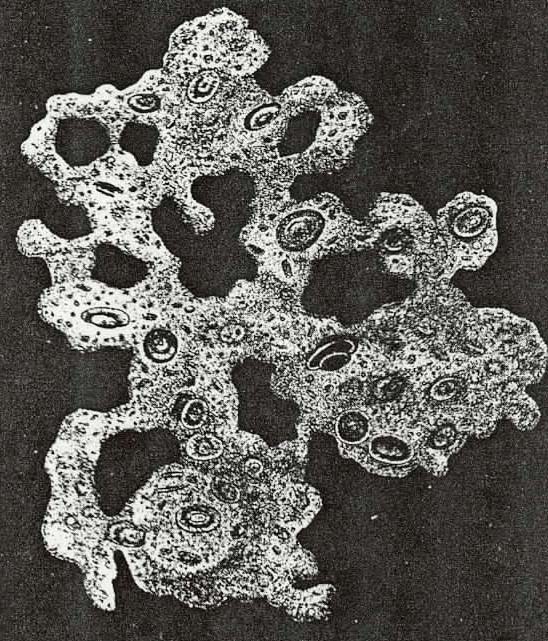We have finally reached the end. I know it has been a long journey, but at last we today finish David Hume’s An Enquiry Concerning Human Understanding. I thank you all for your patience as we go through this remarkably important book. You may wonder why I have bothered with this book on a science-religion blog; the answer is that, by refusing to be content with knowledge derived solely from philosophy or revealed religion, Hume paved the way for the empirical experimental method. More specifically, though, Darwin cited Hume as a ‘central influence’. You can readily see why: Darwin was up against a standard view of the world, which saw both the design of God in the complexity of nature and the goodness of God in the harmony of nature, as revealed through the opening lines of Genesis. To question the standard interpretation of revealed religion, to wonder if our experience of the world could possibly address the question of life’s origins, was a very Hume-ian thing to do.

